Federal courts of general jurisdiction are one of the important elements of the eponymous system of the Russian Federation. The functioning of these bodies is regulated by normative legal acts adopted by the State Duma. Their main task is to protect the rights and interests of citizens.
Federal courts of general jurisdiction of the Russian Federation
Let's look in the legislation on the definition of the essence of the named branch of power. The RF Law "On the Judicial System of the Russian Federation" states that courts of general jurisdiction include all judicial bodies that are entitled to consider civil, criminal and administrative cases based on the norms of Russian law.
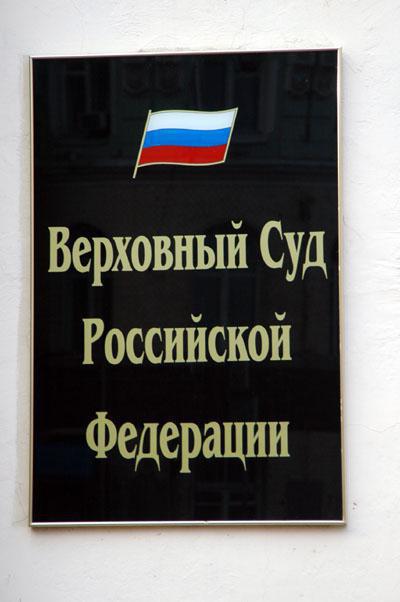
The word “common” is used in the name, because all citizens of the state, without exception, can apply here in order to protect their own rights and realize their interests. Russian justice is quite humane, so citizens can always count on justice and real defense in court.
The system of federal courts of general jurisdiction of the Russian Federation
Before talking about the powers of the Russian courts, it is worth familiarizing yourself with their legislatively approved list. So, the federal courts of general jurisdiction are:
- The Supreme Courts of the Republics (for example, the Supreme Court of the Komi Republic), regional (Moscow Regional Court) and regional (Stavropol Regional Court). The courts of the autonomous regions and the main judicial institutions of cities of federal subordination (Moscow, St. Petersburg, etc.), as well as the main courts are equated to this level of the system. military districts. All these organizations are also called federal courts of general jurisdiction of the constituent entities of the Russian Federation. After the Supreme Court, this is the second stage of the judicial hierarchy of our state.
- Institutions in cities of regional and district subordination, as well as local garrison courts of law. This is the most massive part of the number of vessels created in Russia.
- Justices of the peace (mainly such people conduct judicial activities in small district cities or villages, since it is unprofitable to create full-fledged courts in settlements of this class).
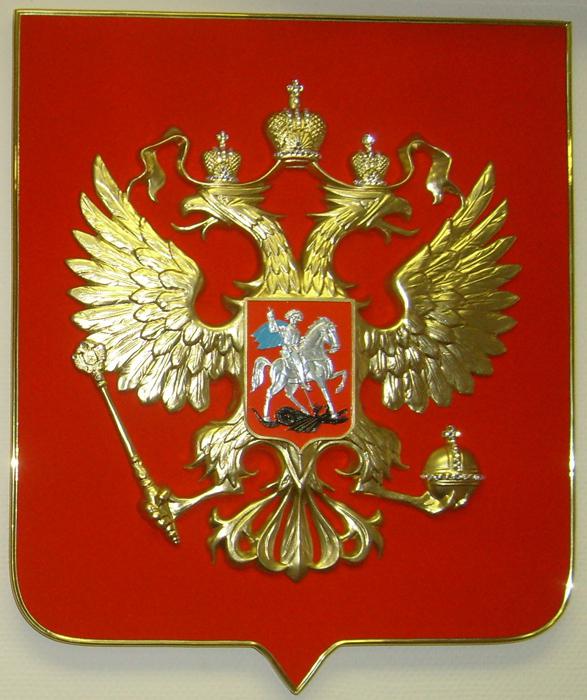
Justices of the peace, their powers
At the lowest level of the described system are justices of the peace. The law also contains the term “magistrate courts”. In fact, these are synonyms because one judge works here.
Although they are ranked in the general federal system of the judiciary, they are appointed by the local legislative bodies. As far as possible, a justice of the peace should be in each locality where the local government is functioning.
In their activities, these persons must follow the rules of conduct established by law:
- abide by the rule of law and the presumption of innocence;
- be guided by the norms of international and national Russian law;
- not be a member or agitator of a political party;
- not engage in entrepreneurial or deputy activities.
Probably, the main thing that a person must have for successful work as a justice of the peace is high moral qualities and great authority in society.
Justices of the peace use laws adopted by the State Duma in their work. They can take criminal, administrative and civil cases into production. The federal courts of general jurisdiction (magistrates' courts, to be specific) take their decisions in the name of Russia. 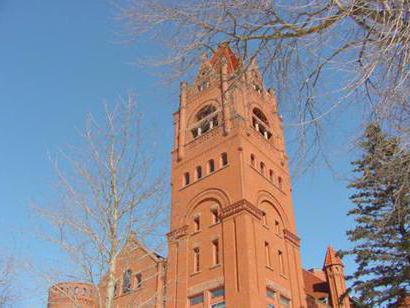
City (district) courts
This is the most numerous step in the justice system of the Russian state. Unlike world courts, district (city) courts have their own structure.
This body is chaired by chairpersons who carry out organizational work. In addition, they are in charge of resolving all economic issues that affect the life of the unit entrusted to them.
In all district (city) courts, the staffing table provides for the position of deputy chairman, whose functional responsibilities are approved by the chairman of the court. Note that the leadership, along with ordinary judges, also conducts trials.
In the structure of the unit under consideration, an auxiliary apparatus also operates. His main tasks are:
- acceptance of claims from citizens;
- registration of new cases in all journals, the conduct of which is provided by law;
- the introduction of information about the case into the electronic system;
- distribution of cases between judges;
- post-trial processing of files for archiving;
- conducting business correspondence with other organizations.
- control over the payment of court fees;
- control of delivery to the plaintiff, defendant, as well as witnesses of subpoenas.
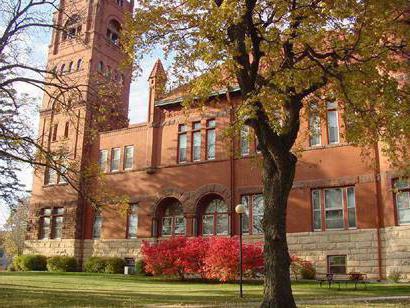
The structure of regional and equivalent courts
By hierarchy and powers above the previously described are the federal courts of the cities of Moscow and St. Petersburg, regional judicial authorities, as well as the courts of the autonomous okrugs and regions. Their structure is somewhat different.
The organization is also headed by a chairman, and the position of his deputy is provided. But they additionally create the Presidency and the collegiums on civil and criminal matters. Based on the collegial way of working of this instance, it can be understood that the majority principle applies when making decisions at this level of the judicial system. 
Composition and powers of the Presidium of regional courts
The quantitative composition of the Presidium is determined by the President of the Russian Federation on the basis of a written submission by the Chairman of the RF Armed Forces. Its composition necessarily includes the chairman and deputy chairman of the court, the leaders of the collegia, as well as judges in the minimum required number.
The Presidium has rather broad powers:
- consideration of cases by way of supervision, cassation, or on the basis of newly identified circumstances;
- analysis and systematization of judicial practice;
- control over the work of the court apparatus;
- analysis of the results of the work of the boards by listening to the reports of their leaders;
- Approval of board members.
The quorum of the Presidium as a collegial body is 50% plus one judge of the total number of members. According to the norms of the federal law of the Russian Federation "On the judicial system", meetings of this collegial body must be held at least 2 times a month.
Composition and powers of board of courts
As we have already noted, the federal courts of general jurisdiction of the Russian Federation at the regional level work on a collegial basis. The composition of judges of the civil and criminal colleges, as well as the number of these commissions, is approved at a meeting of the Presidium of the court.
These authorities consider, within their competence, court cases in cassation and supervision. By the way, federal judicial legislation provides these colleges with the functions of a court of first instance.
Of course, issues of divorce between villagers will not be considered at this level. Under their jurisdiction will fall cases whose consideration has a great resonance in society. Also, at board meetings, to make the most correct decisions, the legal practice of other courts is examined and the correctness and logic of decision-making are analyzed.
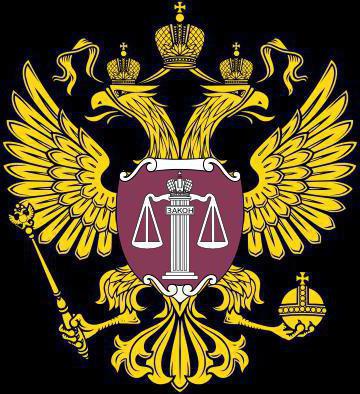
Supreme Court of the Russian Federation
So we got to the very top of the judicial hierarchy - the Supreme Court of the Russian Federation. The uniqueness of this body is that it is one in the Russian Federation, and, accordingly, its jurisdiction extends to the entire vast territory of the state.
First, let's clarify who can work as a judge in the sun. This must be a person older than 30 years with a higher legal education and at least 10 years of experience in the specialty.Often, the most authoritative court presidents are elected to the Supreme Court.
In the process of its activity, the named body solves several important tasks:
- consideration of cassation complaints against decisions of lower courts;
- control over the work of all courts of general jurisdiction in the manner of supervision;
- development and provision of practical recommendations for their use in the work of judges of all Russian courts.

Conclusion
Federal courts of general jurisdiction and justices of the peace constitute the judicial system of Russia. Each body carries out the tasks approved by law in the administrative territory allotted for it. To comply with the law and guarantee the possibility of appealing against an unfair court decision, their hierarchy was created, headed by the Supreme Court of the Russian Federation. Well, if an individual or legal entity does not agree with the verdict of last resort, the state guarantees the possibility of applying to the European Court of Human Rights.

